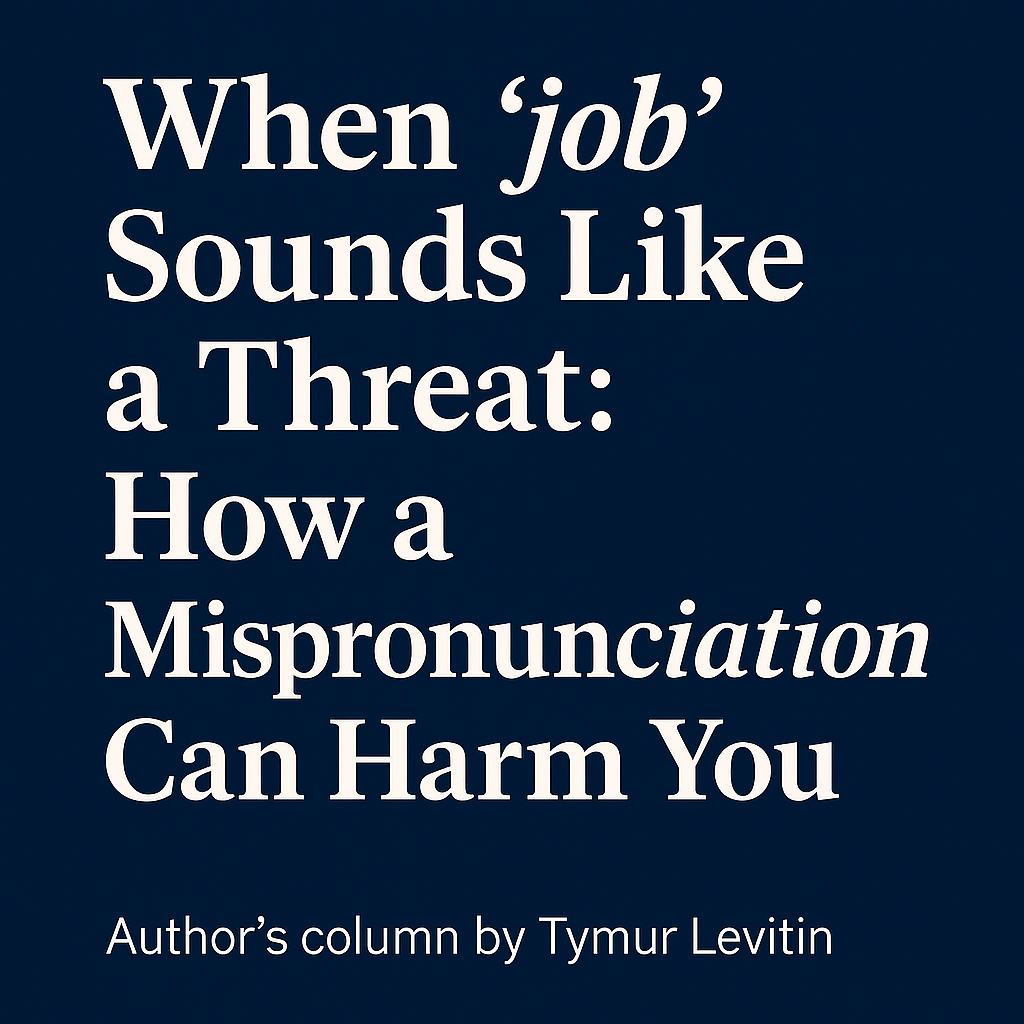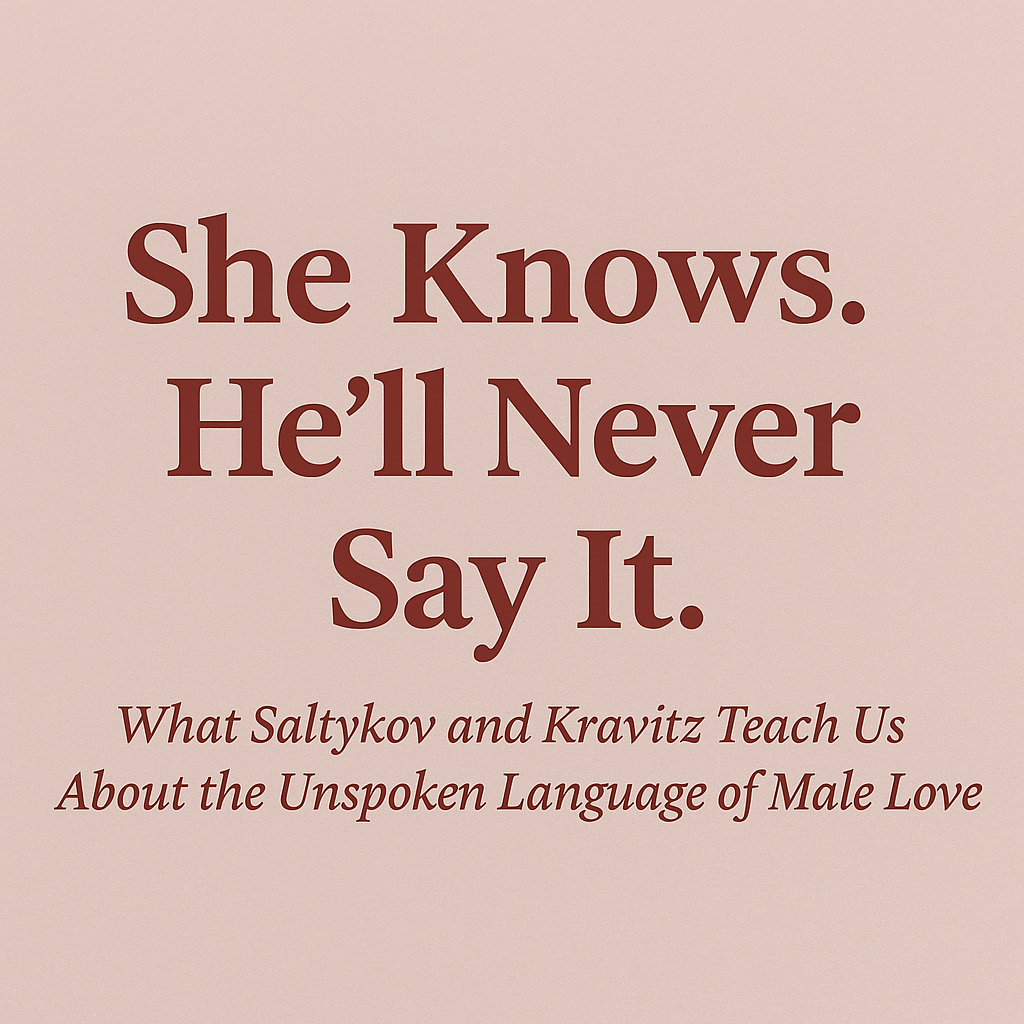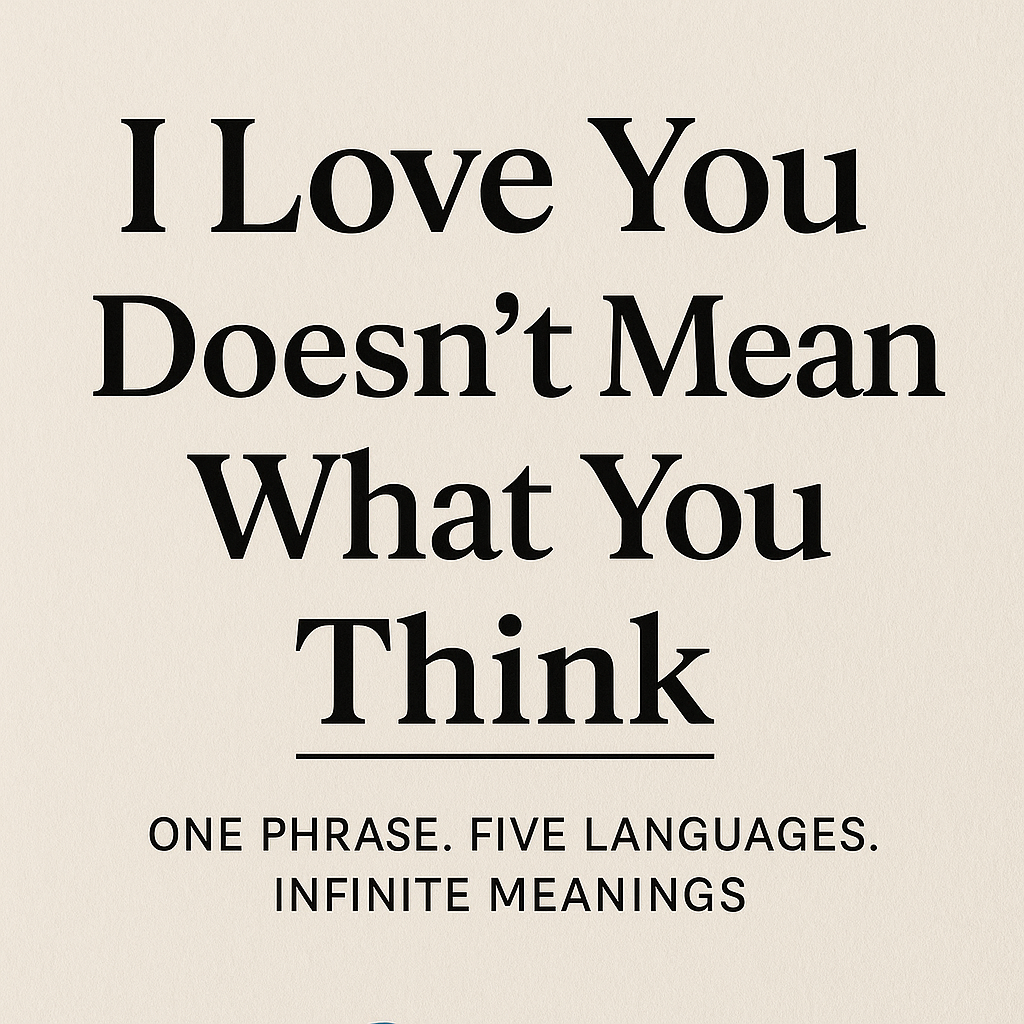Author: 泰穆尔-列维廷, founder, director, teacher and interpreter at Levitin Language School.
🌍 选择语言
Why Modal Verbs Are More Than Just “Can” and “Must”
Most learners know the basics: can, must, should, may. But modal verbs are far more than that — they’re how English expresses attitude, logic, prediction, criticism, doubt, and permission in the subtlest ways.
The Core Modal Structures (Level A2–B1)
◽ Present/Future Possibility or Ability
- I can drive.
- She may join us.
◽ Obligation and Necessity
- You must call him.
- They should study harder.
◽ Permission
- 五月份 I speak to the manager?
- You can leave early today.
Modal + Perfect Infinitive: Talking About the Past
Structure: modal + have + past participle
◽ Examples:
- You should have called me.
- He must have forgotten.
- They might have misunderstood.
- She could have helped, but didn’t.
🧠 Use these forms for regret, criticism或 speculation about past events.
Modal Verbs + Passive Voice
◽ Present/Future Passive:
- The letter must be sent today.
- This can be done remotely.
◽ Past Passive (Perfect):
- It should have been delivered already.
- The form might have been lost.
Modal Verbs + Continuous Aspect
◽ Present Continuous:
- She must be joking.
- They might be lying.
◽ Past Continuous:
- He must have been sleeping.
- You could have been waiting there.
Modal Verbs in Conditional Sentences
◽ Type 1 (Real):
- If you study, you will be able to pass.
◽ Type 2 (Unreal Present):
- If I were you, I would leave now.
- You might succeed if you tried.
◽ Type 3 (Unreal Past):
- If she had studied, she could have passed.
- You should have checked before submitting.
Modal Verbs in Reported Speech
- “I can help.” → He said he could help.
- “You must go.” → She said I had to go.
Some modals stay unchanged: should, could, might, would, ought to.
Semi-Modals and Alternatives
| Semi-modal | Function | Example |
|---|---|---|
| have to | external obligation | I have to go. |
| be able to | ability | She was able to find it. |
| be allowed to | 准许 | Are we allowed to enter? |
| need to | necessity | You need to bring ID. |
| dare to | courage | He dares to question them. |
Modal Verbs in Inversion and Formal Patterns
◽ Examples:
- Should you need assistance, let us know.
- Were he to ask, I’d say yes.
- Had they known, they would have helped.
Negative Forms and Warnings
- You mustn’t touch that. (= prohibition)
- You don’t have to come. (= optional)
- She might not have seen the message.
⚠️ Avoid double modals: ✘ He might can help → ✅ He might be able to help
Conclusion: Modal Mastery Is Mental Mastery
Modals allow you to express thought, emotion, probability, rules, freedom, confidence, and doubt — often with a single auxiliary.
To speak freely, you must think modally. It’s one of the core differences between textbook English and real English.
🧠 Speak free. Learn smart. Master your modals.
Related Articles from Our Blog
- ✅ Why Grammar Is Not About Rules: Understanding Sentence Structure as Meaning
- ✅ 为什么向私人教师学习英语仍然是最明智的选择?
- ✅ Choose Your Language
🖋️ 作者:泰穆尔-列维廷Tymur Levitin
Founder, Director & Lead Educator
Levitin Language School / Start Language School by Tymur Levitin
🔗 levitinlanguageschool.com
🔗 languagelearnings.com
👨🏫 Author’s page
📲 Telegram: @start_school_tymur_levitin
📞 WhatsApp/Viber: +380 93 291 34 29
📘 Facebook: @timurlevitin
📷 Instagram: @timurlevitin
























